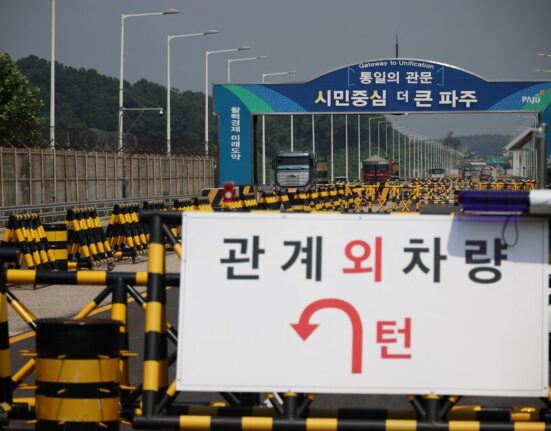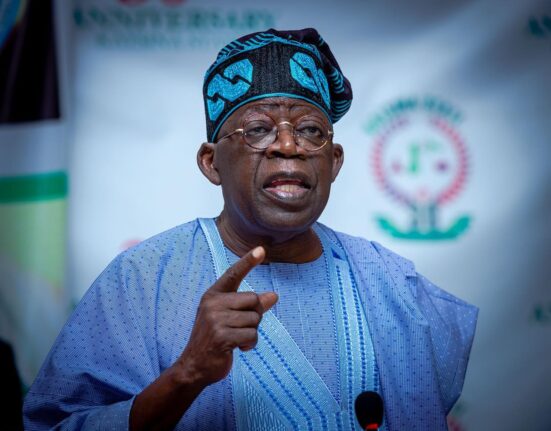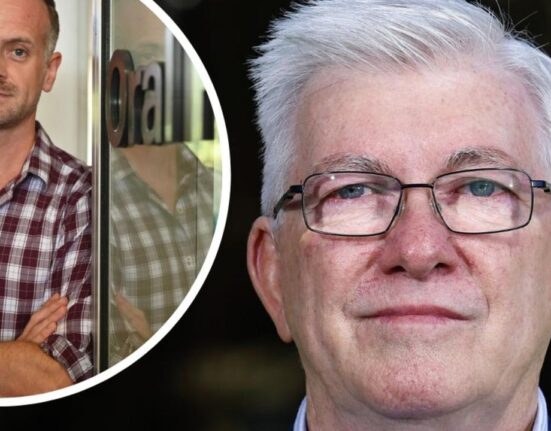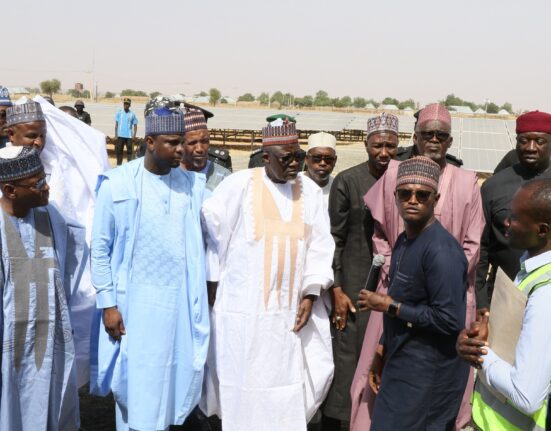In a recent turn of events, the Court of Appeal made a significant ruling concerning the Kano State Independent Electoral Commission (KASIEC) and the local government election it conducted on October 26, 2024. The Federal High Court in Kano had previously voided the composition of KASIEC and questioned the legitimacy of the election. However, in a series of unanimous judgments led by Justice Biobele Abraham Georgewill, the Appeal Court overturned this decision.
The crux of the matter lay in whether the Federal High Court had the authority to adjudicate on issues related to state electoral bodies and their members’ qualifications. The Appeal Court panel deemed that such matters fell under the purview of state jurisdiction rather than federal oversight. Consequently, it upheld three appeals brought forth by key stakeholders including the Kano State Attorney General, Kano State House of Assembly, and KASIEC itself. These appeals were instrumental in challenging and ultimately overturning the previous judgment.
According to Justice Georgewill,
“The Federal High Court’s lack of jurisdiction over state electoral matters necessitated our reversal of its prior ruling.”
This legal nuance underscores not just a procedural error but also highlights the intricacies involved in delineating powers between federal and state judicial systems.
Moreover, beyond addressing jurisdictional boundaries, the Appeal Court delved into specific cases that had been contested before them. One such instance involved a dispute within the New Nigeria People’s Party (NNPP) regarding candidate nominations for the local government election. The court emphasized that issues pertaining to party leadership disputes and candidate selections were beyond its scope as they were inherently political matters rather than legal ones.
In light of these developments, legal experts have weighed in on the implications of this ruling. Barrister Amanda Okafor remarked,
“The Appeal Court’s decision reaffirms the principle of devolution of powers between federal and state entities when it comes to electoral processes.”
This observation underscores how legal frameworks are designed not just to resolve disputes but also to uphold constitutional principles.
Furthermore, Professor Adamu Bello, a constitutional law expert, highlighted how this case exemplifies the intricate interplay between law and politics. He noted that while courts play a crucial role in upholding democratic norms, they must navigate carefully when issues overlap with political dynamics.
As we reflect on this complex legal saga unfolding in Kano, one thing remains clear: at its heart lies not just a matter of judicial interpretation but also broader questions about governance structures and democratic processes. The interplay between federalism, party politics, and legal frameworks continues to shape our understanding of how societies navigate challenges within their political landscapes.








Leave feedback about this